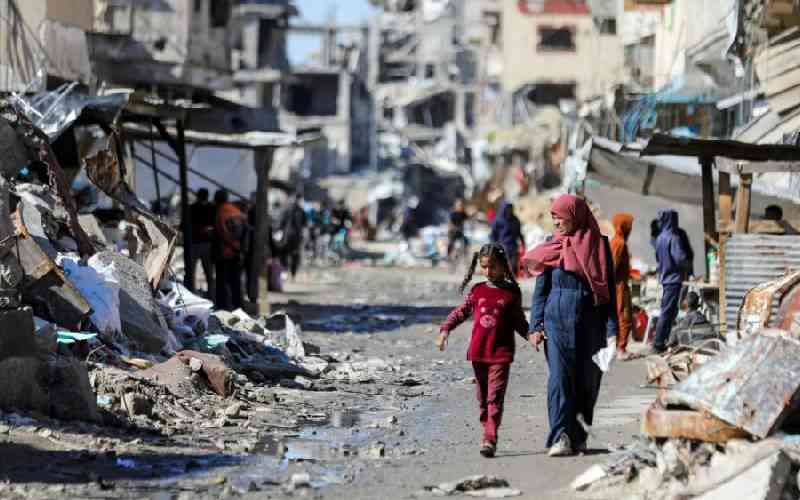
U.S. Secretary of State Antony Blinken landed in Saudi Arabia, the first stop of his latest Mideast effort to secure a cease-fire in the Israeli-Hamas war in Gaza, and he said he would meet with officials in Israel on Friday.
In Israel, Blinken will "discuss the need to ensure the defeat of Hamas, including in Rafah, in a way that protects the civilian population, does not hinder the delivery of humanitarian assistance, and advances Israel's overall security," according to a statement from the U.S. State Department.
In Jeddah, Saudi Arabia, Blinken met with Crown Prince Mohamed bin Salman and Foreign Minister Prince Faisal bin Farhan. Blinken and his Saudi counterpart "discussed the urgent need to protect all civilians in Gaza and immediately increase humanitarian assistance to those in need," the State Department said.